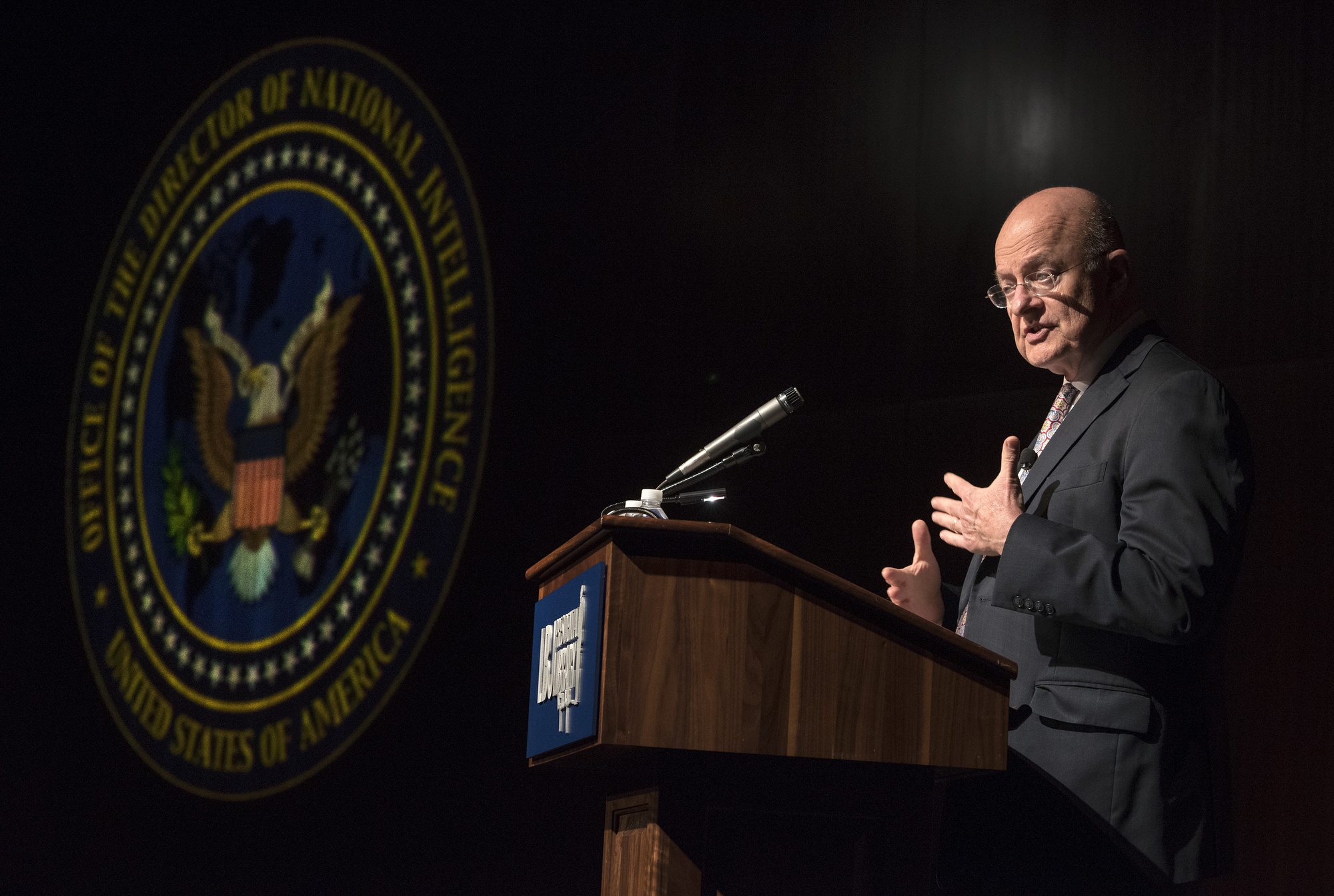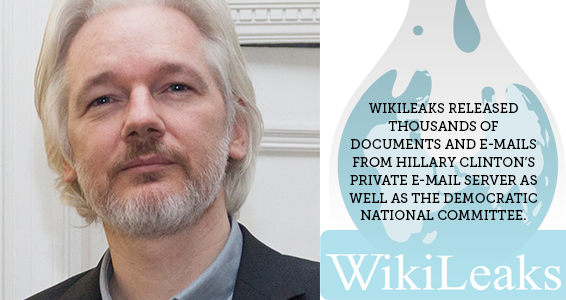Russian meddling in the U.S. presidential election may be a turning point in an ongoing cyberwar that pits the United States and its western allies—Canada included—against multiple, shadowy enemies.
Bruce Colman, an Ottawa-based cyber-security consultant and e-commerce specialist, says that beyond whatever effects it may have had on the election, the Russian saga is profoundly significant because U.S. intelligence disclosed in detail the mechanisms operatives used to hack American political parties.
“Companies now can turn around and build a mechanism to stop it,” says Colman. “By making that public, they’ve totally neutralized these guys in terms of their ability to keep operating.
“Now everybody knows these mechanisms and everybody’s IT department is running around nailing doors closed.”
In reports citing a series of attacks, the FBI, the National Security Agency and U.S. Homeland Security said Russian civilian and military intelligence services tried to “compromise and exploit networks and endpoints associated with the U.S. election,” as well as government, political and private-sector entities.
The reports described a campaign of “cyber-enabled operations directed at the U.S. government and its citizens.”
They provided detailed methodology behind the attacks and the subsequent leaks of Democratic party e-mails, asserting they were ordered by Russian President Vladimir Putin to help elect Donald Trump.
After a classified briefing, Trump appeared to give grudging acknowledgment to the hacking’s existence but shrugged off its significance.

Former U.S. Director of National Intelligence James Clapper has stated that top Russian officials authorized efforts to hack the presidential election. [Wikimedia Commons LBJ Library photo by Jay Godwin]
James Clapper, then national intelligence director, told the Senate armed services committee that the Russian efforts were multifaceted.
“The hacking was only one part of it,” Clapper said. “It also entailed classical propaganda, disinformation, fake news.
“Only Russia’s senior-most officials could have authorized the recent election-focused data thefts and disclosures, based on the scope and sensitivity of the targets.”
But Colman says there’s no reason to believe that the Americans aren’t doing the same things in other countries. Or that Canada isn’t, for that matter.
“It’s unprecedented that it’s been verified and disclosed,” he said. “We don’t know that it hasn’t been going on forever everywhere. The assumption is that every government is doing it.”
Clapper said the agencies were not responsible for measuring the attacks’ effect on voter opinion.
Trump has said America should “move on” and cited WikiLeaks’ founder Julian Assange as dismissing the claims that Russia was behind the election hacking. Clapper and others, however, told the senators Assange is not credible.
Republican and Democratic senators alike came out in defence of the intelligence findings, raising the issue of whether the attacks should be considered acts of war and urging Trump to take them seriously.
“If in order to kill the enemy you have to
kill an innocent, don’t take the shot.”
“We should all—Republicans, Democrats —condemn Russia for what they did,” said Republican Senator Lindsey Graham. “Most Republicans are condemning what Russia did. And to those who are gleeful about it: You’re a political hack. You’re not a Republican. You’re not a patriot.”
The reports said the agencies found that spear-phishing campaigns dropped near-undetectable malware into the computer systems of government organizations, critical infrastructure entities, think tanks, universities, political organizations and corporations. The ultimate goal: information theft.
The agencies also found that Russian operatives launched ongoing cyberattacks against other, unnamed countries.
Advertisement





















